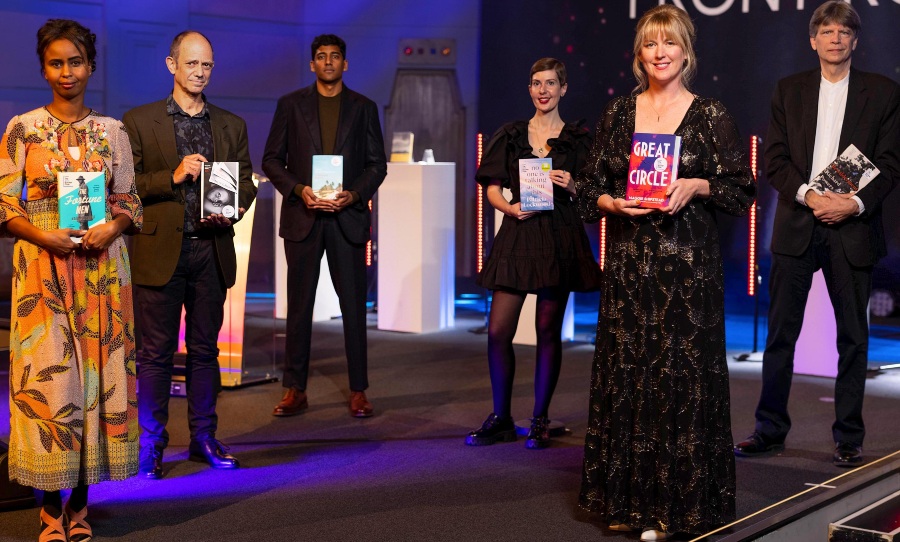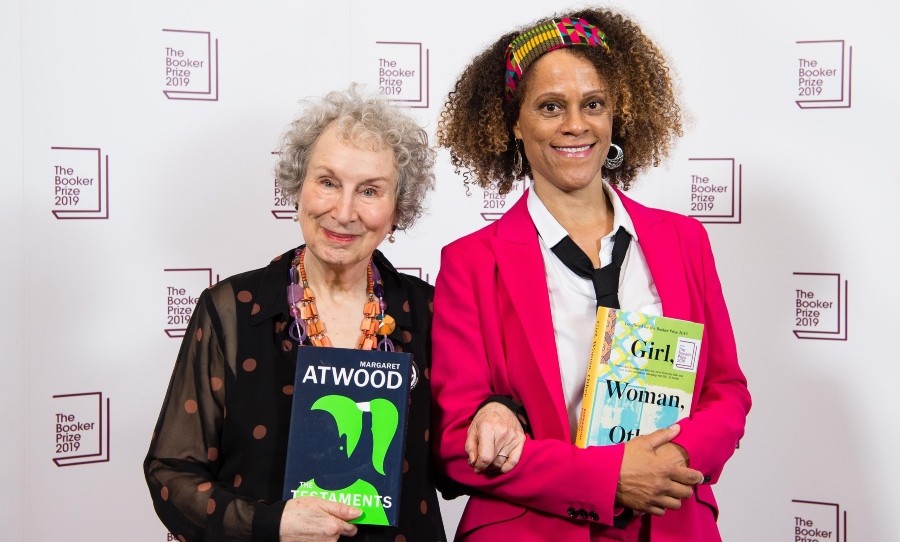The Booker Prize is one of the most controversial, yet revered, literary awards in the world. So, what’s the deal?
The Booker Prize is one of the most celebrated literary prizes in the world. Like many of the big literary awards, winning the Booker results in an unimaginable level of international publicity and an exclusive stamp of prestige.
The inaugural Booker Prize was established in 1968 by Booker McConnell, a multinational company, who decided to create an award equivalent to that of France’s Prix Goncourt. While it was only open to English-language writers from the United Kingdom, the Republic of Ireland, and the Commonwealth countries until 2013, it’s now open to English-language writers worldwide — a decision that has resulted in a mixed response from the literary community (more on that, later.)

While some previous winners have faded into anonymity, a sizeable amount of winners have established themselves as literary greats. These include William Golding, Salman Rushdie, Kazuo Ishiguro, Ben Okri, Michael Ondaatje, Arundhati Roy, Margaret Atwood, Ian McEwan, Hilary Mantel, Margaret Atwood, Bernadine Evaristo, and of course, 2021 winner Damon Galgut, to name a few.
Midnight’s Children was published 40 years ago this week. Here’s a picture of me, in a daze, making some sort of speech after winning the Booker Prize later that year. (Sorry about the cigarette.) pic.twitter.com/3JT7nblxEZ
— Salman Rushdie (@SalmanRushdie) April 2, 2021
But with all of its glitz, glamour, and glory, The Booker Prize has been equally marred with controversy. Criticised for being elitist and exclusionary by many nominated writers, as well nominations receiving scathing comments from the seven-person judging panels themselves, The Booker Prizes have been riddled with arguments between different factions of the literary community.
James Kelman is an artist of the first rank. The sheer vitriol directed at his work over the past 30 years tells you an awful lot about class and who gets to decide what literature is. Had the privilege of interviewing him last month. https://t.co/P7Og450KuK
— Francisco Garcia (@Ffranciscodgf) March 13, 2019
Nominations have been slammed for being both “too readable” (the 2011 shortlist), or “unreadable” (Arundhati Roy’s 1997 win, James Kelman’s 1994 win, and a subsequent panelist resignation: “Frankly, it’s c**p”), the prize money has been turned into a protest against its sponsors (John Berger’s donation of half his 1972 win to the Black Panther group; criticism of Booker McConnell), there has been intercontinental angst towards the inclusion of worldwide writers (specifically, the British against the dominating presence of American writers in nominations); rules have been controversially broken in deciding a winner (Bernadine Evaristo and Margaret Atwood’s shared win in 2019).
A fascinating long read on the Booker:’Arguments, anticipation and carefully encouraged scandals: the making of the Booker prize’ @chiggi https://t.co/uVGrtAaggR @gdnlongread @guardian
— Bernardine Evaristo (@BernardineEvari) October 6, 2021
Even the existence and modern-day relevance of The Prize has been regularly debated. In an interview with a Booker advisory committee member, The Guardian writes: “People think that [the Prize] has changed…when really it’s only the world in which it operates that has: “No prize could have the same place as it once did in a culture that is so noisy. Maybe that’s the real reason quieter, more domestic books are losing out; they make less impact anyway.”
Living in an unsteady, divided world, where racial, climate and social justice are at the forefront of peoples’ minds, and the pandemic has immeasurably diverted the course of our lives, it seems like a given that the world has changed. But as history goes, the ‘noise’ is a constant. And whether it was the Beatniks in the ’50s, or the post-Modernists in the ’90s- early 2000s, art always seems to respond accordingly.
So, it makes sense that literary awards would also follow suit. With Evaristo’s Girl, Woman, Other — an experimental expression of Black-British womanhood — or Galgut’s The Promise — a generational exploration of the Apartheid in South Africa — the winning selections made by The Booker Prize could be argued as keeping toeing the line between history and modernity, recognising well-written stories that are relevant to the precipice of a new world — as literature has always done.



